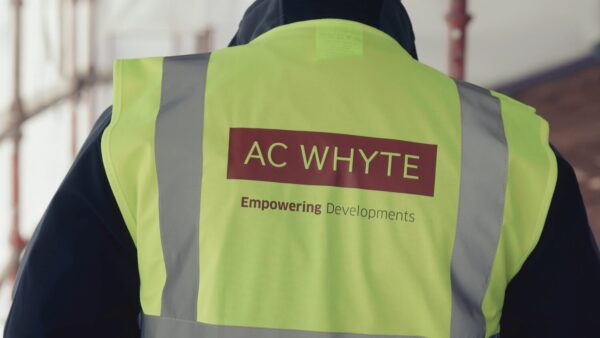The Centre for Digital Built Britain (CDBB), a partner in the Construction Innovation Hub, has published the BIM Interoperability Expert Group report for construction. It forms part of the Construction Innovation Hub’s work to grow the digital economy for the construction and infrastructure sector, and to develop and promote digital ways of working as enablers of greater whole-life value in the built environment.
The report, produced with oversight from the Department for Business, Energy and Industrial Strategy (BEIS), the Infrastructure Projects Authority (IPA), and support from the UK BIM Alliance, gives recommendations to government on how to continue to support existing BIM policy, referred to as the “BIM Mandate” and implement a series of recommendations to achieve interoperable information exchange across the asset lifecycle.
This is not a paywall. Registration allows us to enhance your experience across Construction Management and ensure we deliver you quality editorial content.
Registering also means you can manage your own CPDs, comments, newsletter sign-ups and privacy settings.
Interoperability is pivotal to delivering the “whole life” beneficial outcomes of BIM to all parties, by providing a means of information transfer between different proprietary technologies. However, those trying to deliver the benefits of BIM can encounter difficulties when trying to achieve interoperable information exchange as part of the information management and modelling process.
In response to these reported problems and to inform future policy development, the CDBB undertook a comprehensive evidence gathering exercise to facilitate “real-world” understanding of the interoperability issues encountered by information management experts when implementing the UK BIM Framework, and understand what alternative interoperable processes/standards are available and their possible advantages and disadvantages.
Key themes in the report include: the need for continued government leadership, greater standardisation, education and upskilling; and support of the development of the Industry Foundation Class and model view definitions, including COBie, to support all asset types.
Public consultation on the report
CDBB is interested in feedback on the key enablers of improved interoperability put forward in the report (pages 11-12 and 17-22). It would be particularly interested to hear of specific recommendations in relation to interoperability, in the short term only (five years), with specific focus on practical/applied insights and experience, rather than strategic approaches; any interoperability expertise you and/or your organisation have which is relevant to each of the recommendations; and related case studies and/or research not already referenced in the report.
Click here to submit your response to the consultation.














